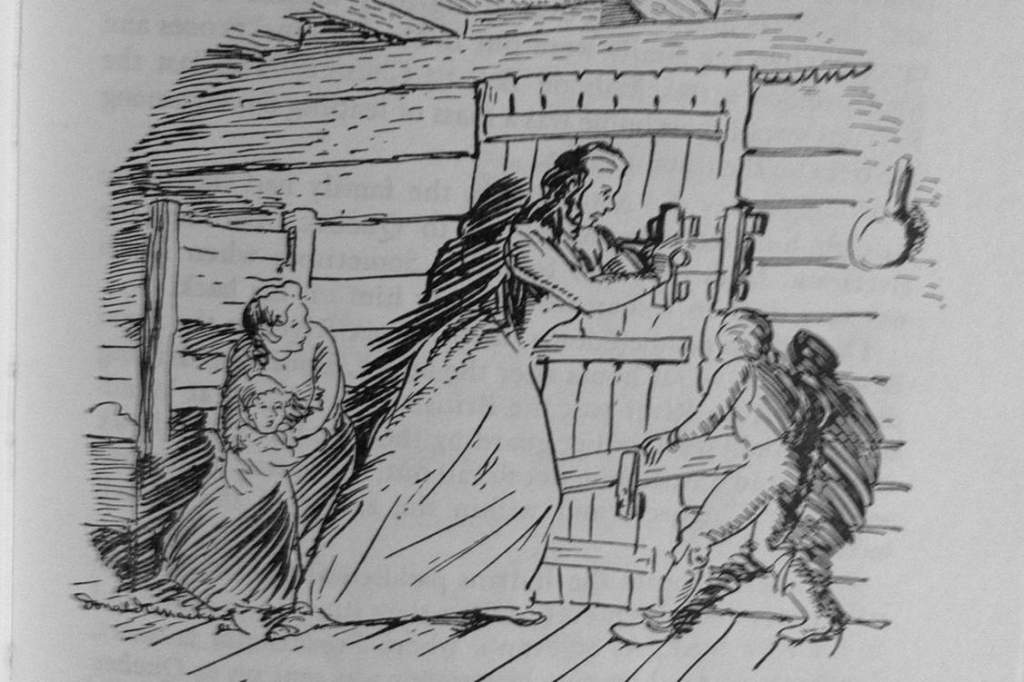John Payzant on:
[Wikipedia]
[Google]
[Amazon]

 John Payzant (17 Oct. 1749 in Jersey – 10 April 1834 in Liverpool, N.S.) was a Foreign Protestant, prominent New Light Congregational minister in
John Payzant (17 Oct. 1749 in Jersey – 10 April 1834 in Liverpool, N.S.) was a Foreign Protestant, prominent New Light Congregational minister in Burying Ground
/ref>

 John Payzant (17 Oct. 1749 in Jersey – 10 April 1834 in Liverpool, N.S.) was a Foreign Protestant, prominent New Light Congregational minister in
John Payzant (17 Oct. 1749 in Jersey – 10 April 1834 in Liverpool, N.S.) was a Foreign Protestant, prominent New Light Congregational minister in Liverpool, Nova Scotia
Liverpool is a Canadian community and former town located along the Atlantic Ocean of the Province of Nova Scotia's South Shore. It is situated within the Region of Queens Municipality which is the local governmental unit that comprises all ...
and was taken captive for four years with his siblings and pregnant mother after the Raid on Lunenburg (1756)
The Raid on Lunenburg occurred during the French and Indian War when Mi'kmaw and Maliseet fighters attacked a British settlement at Lunenburg, Nova Scotia on May 8, 1756. The native militia raided two islands on the northern outskirts of the f ...
. He was born Jean Paysant in St. Helier, Jersey, Channel Islands to French Huguenots Louis Payzant (1695–1756) and his wife Marie Anne Noget (1711–1796). The family moved to Lunenburg, Nova Scotia, in 1753. At the May 1756 raid, mercenary natives for the French shot and scalped his father and three others. (According to DesBrisay, they were later buried on Heckman's Island, Nova Scotia.) For the first year, he and his siblings were adopted by the Indigenous family while his pregnant mother was taken to Quebec. John learned to speak their native language. He later wrote: “I was ater Ater (Hebrew אֲתַר) is an Old Testament male name.
#A descendant of Hezekiah, who returned from Babylon ;
#An Israelite, who subscribed to Nehemiah
Nehemiah is the central figure of the Book of Nehemiah, which describes his work in r ...
a languattor ranslatorfor the Indians as I had learnt that Language when prisoner among them." After one year of captivity by the natives, he and his siblings were eventually released to re-connect with their mother in Quebec. “When I arrived at Quebec I was sent to the Jesuits to be instructed in the Learning of that Academy and during my stay there I made great proficiency in the Arts that were taught in that School, and as they were fond to proselyte they took the more pains with me." In 1760 they all (including a sister born in Quebec in December 1756) returned to Nova Scotia, settling in Falmouth. He then became a minister in Liverpool, Nova Scotia
Liverpool is a Canadian community and former town located along the Atlantic Ocean of the Province of Nova Scotia's South Shore. It is situated within the Region of Queens Municipality which is the local governmental unit that comprises all ...
(1793). He was part of the Great Awakening
Great Awakening refers to a number of periods of religious revival in American Christian history. Historians and theologians identify three, or sometimes four, waves of increased religious enthusiasm between the early 18th century and the late ...
and was a follower of Henry Alline
Henry Alline (pronounced Allen) (June 14, 1748 – February 2, 1784) was a minister, evangelist, and writer who became known as "the Apostle of Nova Scotia."
Born at Newport, Rhode Island. He became a New England Planter and served as an itinera ...
and married his sister Mary in 1774. They had one daughter and eight sons. Rev. John Payzant died at 84 and is buried in Liverpool's Old Burying Ground./ref>
See also
* Captivity Narratives - Nova ScotiaReferences
Further reading
* The journal of the Reverend John Payzant (1749–1834), ed. B. C. Cuthbertson (Hantsport, N.S., 1981) * Nova Scotia Historical Society, #40 (1980): "Rev. John Payzant: Henry Alline's Successor"; by Brian Cuthbertson; Vol #40 (1980); pp. 2 Nova Scotia Historical Review, Vol. 13, No. 1, 1993: "The Lunenburg Indian Raids of 1756 and 1758: A New Documentary Source," by Linda G. Wood, pp. 93–108. {{DEFAULTSORT:Payzant, John People from Queens County, Nova Scotia 1749 births 1834 deaths Captives of Native Americans Captives of Native Canadians Jersey people